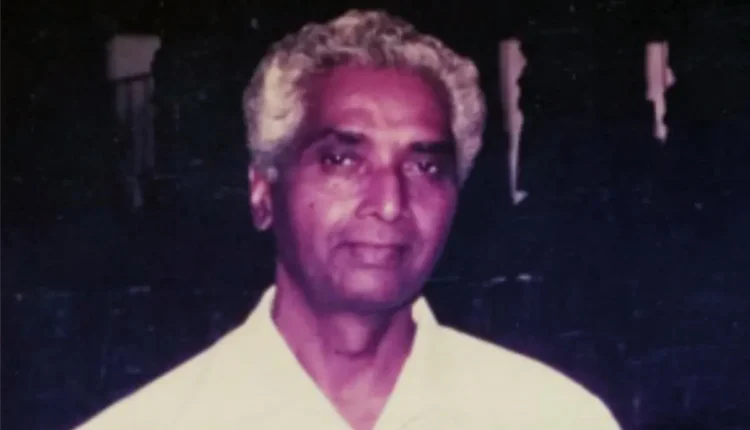In the vast tapestry of intellectual history, few figures shine as brightly as Padmanabh Jaini. Born on October 23, 1923, in the quaint town of Nellikar, Karnataka, India, Jaini’s journey traversed continents and cultures, leaving an indelible mark on the realms of Jainism and Buddhism. His legacy, spanning decades of scholarly pursuit and profound insight, continues to inspire generations worldwide.
Early Life and Education Padmanabh Jaini
Padmanabh Jaini’s upbringing in a Digambar Jain family imbued him with a deep reverence for Jain traditions and scriptures. His father’s decision to adopt the surname “Jaini,” in homage to the illustrious Jain scholar Jugmandar Lal Jaini, reflected a commitment to fostering Jain identity within the community.
After completing his elementary education, Padmanabh Jaini embarked on a transformative journey at the Digambara Jain Gurukul in Karanja, Maharashtra. Here, under the tutelage of esteemed scholars like Pandit Nathuram Premi and Hiralal Jain, Jaini’s intellect flourished, laying the foundation for his future academic endeavors.
His pursuit of knowledge led him to the Arts College in Nashik, where Padmanabh Jaini earned a BA (Hons) in Sanskrit and Prakrit in 1947. During this time, Jaini’s interactions with the Svetambara community broadened his understanding of Jainism, foreshadowing his future scholarly pursuits.
Path to Scholarship
Padmanabh Jaini’s quest for scholarly excellence took him across borders and disciplines. Invited to study under the esteemed Pandit Sukhlal Sanghavi, Jaini delved into Jain logic and sectarian debates, honing his analytical acumen. His encounter with Sanghavi kindled a lifelong passion for academic inquiry.
Venturing to Sri Lanka, Jaini immersed himself in the study of the Pāli Canon and Buddhist scriptures. His tenure as a Dharmananda Kosambi memorial Scholar deepened his understanding of Theravada Buddhism, laying the groundwork for his seminal contributions to Buddhist studies.
Upon his return, Jaini embarked on a distinguished academic career, serving as a lecturer in institutions such as Benaras University and the School of Oriental and African Studies (SOAS), London. Under the mentorship of luminaries like John Boroughs, Jaini pursued his Ph.D. in Buddhist studies, cementing his place as a leading authority in the field.
His scholarly odyssey took him to distant lands, from Burma to Indonesia, where he painstakingly collected Buddhist manuscripts for the Pali Text Society. At the University of Michigan and later at the University of California, Berkeley, Jaini’s tenure as a professor of Indic Languages and Literature and Buddhist studies, respectively, solidified his reputation as a preeminent scholar.
Legacy and Honors
Padmanabh Jaini’s contributions to academia are immeasurable. His seminal work, “The Jaina Path of Purification” (1979), remains a cornerstone of Jain studies, illuminating the intricate doctrines of Jain philosophy.
Additionally, his prolific writings, including “The Collected Papers on Jaina Studies” (2000) and “Collected Papers on Buddhist Studies” (2001), continue to enrich scholarly discourse.
Even in retirement, Jaini’s influence endures. The establishment of the “Padmanabh S. Jaini Graduate Student Award in Buddhist Studies” at the University of California, Berkeley, serves as a testament to his enduring legacy, nurturing the next generation of scholars in his esteemed field.
Also Read:Earl Kenneth Fernandes: The First Indian-American Bishop

